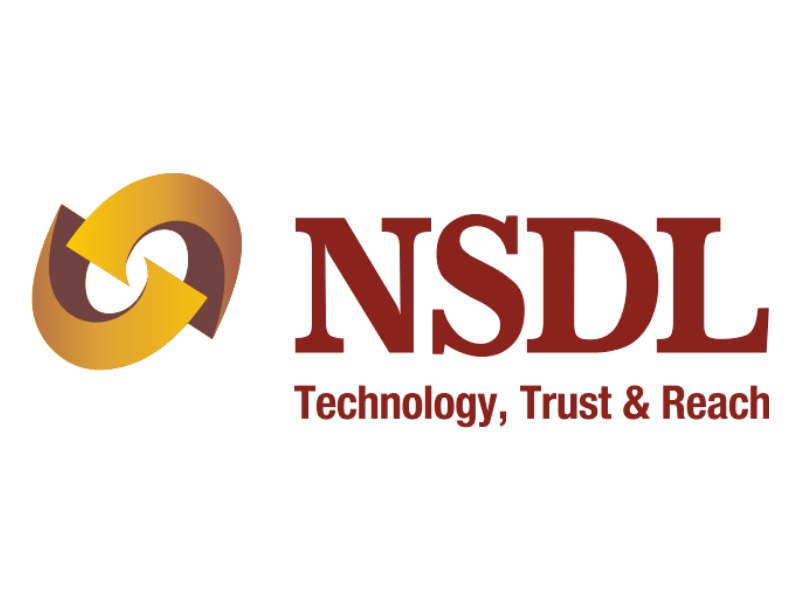
The Ministry of Human Resource Development’s flagship initiative is the Unnat Bharat Abhiyan (MHRD). It seeks to connect Higher Academic Institutions with at least five villages so that these institutions can use their depth of knowledge to help these villages improve their economic and social conditions.
Unnat Bharat Abhiyan 2.0-
Unnat Bharat Abhiyan 1.0 has been updated to Unnat Bharat Abhiyan 2.0. It was first released in 2018. All educational colleges are eligible to participate in the plan; however, under Unnat Bharat Abhiyan 2.0, participating institutes are chosen to fulfill specified requirements.
The Results-
So far, the results have been positive for this initiative. Currently, 2474 Institutes have adopted 13072 communities under the initiative. The UBA’s technical interventions encompass various topics, including sustainable agriculture, water resource management, artisans, industries, livelihood, basic amenities (infrastructure and services), and rural energy systems. This has improved the living circumstances in villages, which is good for rural India.
Unnat Bharat Abhiyan’s official website is https://unnatbharatabhiyan.gov.in/.
Follow this email address for any official communications: unnatbharatabhiyaniitd@gmail.com
Please be aware that Unnat Bharat Abhiyan is not responsible for emails sent from any other email address that uses the Unnat Bharat Abhiyan name.
UBA is open to every student enrolled in a higher education institution in India. Please get in touch with the UBA cell or the UBA Coordinator at your university to join UBA. If your college/university/institution has not yet signed up for UBA, please get in touch with the institution’s president to get it included in the list. Please visit the UBA website for further details.
How to Join?
To become a member of UBA,
- The college must be an Indian Higher Educational Institute.
- An AISHE Code is required for a Higher Educational Institution.
- The Higher Educational Institution should be willing to participate in initiatives related to rural development.
- At least five communities in the proximity of the Higher Educational Institution should be identified.
- At least two faculty members from the higher educational institution should be willing to participate in rural development initiatives.
- The ministry will rate the UBA Joining applications according to its established selection criteria. Under UBA, the institutions that match the qualifying requirements will be chosen.
Participating Institutes (PIs) have the following responsibilities:
- The Participating Institute will adopt at least five villages for development initiatives under the UBA in agreement with the District Collectors.
- Participating Institutions are intended to do field research, examine the execution of government programs, and help them achieve their goals more effectively.
- PIs should enlist the help of interested faculty, students, the NSS, and other institute groups involved in community service.
- The chosen PIs will collaborate with the State Government, district authorities, PRIs, other institutions, and non-governmental organizations to find appropriate solutions to improve rural areas’ social and economic well-being.
The UBA Survey App may be downloaded from the Google Play Store for Android devices. The UBA Survey App is now available for Android smartphones and will be accessible for iOS devices shortly. The UBA Project Management App is now in beta testing and will soon be accessible to the general public.
The money for the village’s development can be raised through – Here is a list of concurrent programs offered by the federal and state governments:
CSR funds alumni Support and CSR funds community Support.
Other pertinent government programs, etc.
History-
Unnat Bharat Abhiyan was conceived by a group of devoted faculty members from the Indian Institute of Technology (IIT) Delhi who had been working in rural development and suitable technology for a long time. During a National workshop conducted at IIT Delhi in September 2014, representatives from various technical institutes, Rural Technology Action Group (RuTAG) coordinators, volunteer groups, and government agencies actively involved in rural development activities were consulted extensively. The event was funded by the Ministry of Rural Development’s Council for Advancement of People’s Action and Rural Technology (CAPART). In the presence of The President, the Ministry of Education (MoE) (previously Ministry Human Resource Development (MHRD)) formally launched the initiative.
The objective of the Vision Unnat Bharat Abhiyan is to bring about transformative change in rural development processes by using knowledge institutions to assist in the construction of an inclusive India’s architecture.
Goals-
- To promote a better grasp of the development plan in higher education institutions and institutional capacity and training relevant to national needs, particularly those of rural India.
- Reiterate the importance of fieldwork, stakeholder engagement, and design for social goals as the foundation of higher education.
- To emphasize the need for thorough reporting and meaningful outputs in developing new professions.
- To give rural India and regional agencies access to the professional resources of higher education institutions, particularly those that have achieved academic distinction in science, engineering, and technology, as well as management.
- As a result of our research, we hope to enhance development outcomes. To create new professions and methods for sustaining and absorbing research findings.
- I am fostering a fresh conversation on science, society, and the environment within the greater community and developing a feeling of dignity and collective destiny.
- To include staff and students from Higher Educational Institutions (HEIs) in identifying development concerns in rural regions and developing long-term solutions.
- The people must identify and pick current innovative technologies, permit technology customization, or design implementation techniques for creative solutions.
- To allow HEIs to participate in developing mechanisms that will ensure the seamless execution of various government programs.
Please visit the UBA website and contact the National Coordinator or Regional Coordinators for further information (Mentoring Institutions).


























